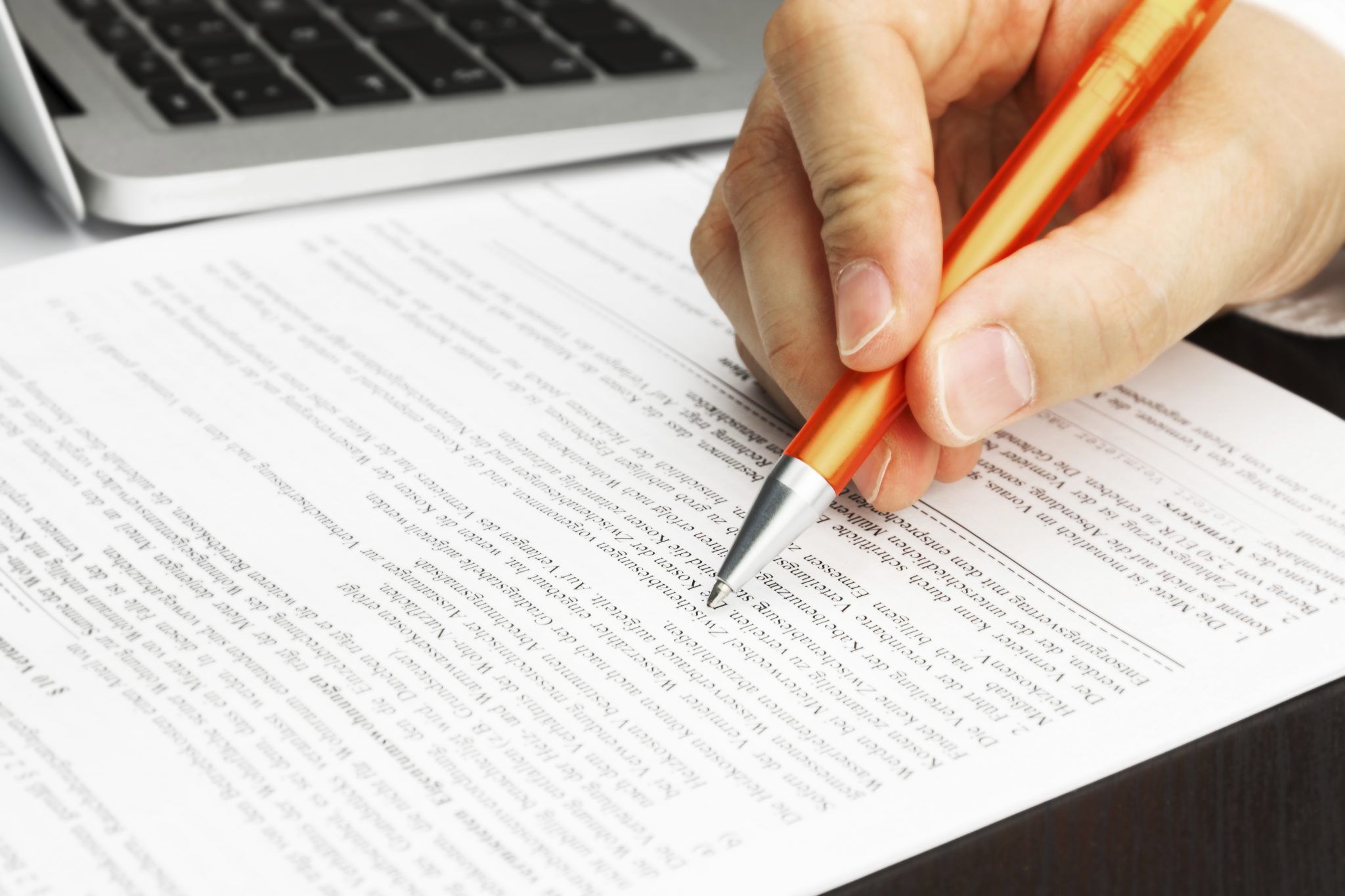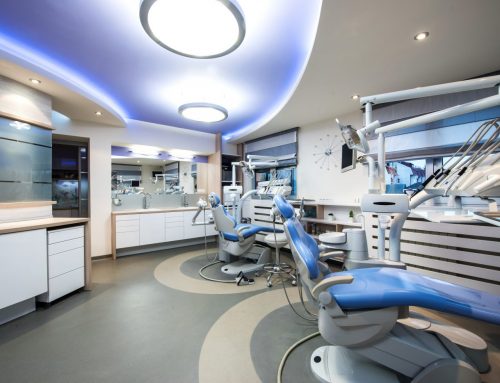Are You in the Market to Buy a Dental Practice?
If so, your practice will likely come with a dental office lease agreement. The lease is one of the most important documents you will ever sign in your career as a dentist, outlining the obligations to your landlord as a tenant. Dental offices are expensive and difficult-to-relocate businesses by nature. Your lease contains language that can act as a tool to either, a) protect you and your investment, or b) work against you, presenting expensive hidden risks.

What Should Your Lease do for You
Prior to completing your purchase, it’s important to conduct a needs assessment, putting serious thought into your current situation, long-term career goals, and practice needs. This exercise will help you identify what your lease should do for you, and how it should be structured to give you maximum protection and flexibility.
Reviewing Your Dental Lease for Risks
Once you’ve completed a needs assessment, it’s time to review the terms in your lease. Without a thorough lease review, you may be signing off on language that gives your landlord the right to relocate your practice, reap the proceeds of your eventual dental practice sale, or even terminate the lease upon your request for an assignment. These hidden risks can cost a dentist hundreds of thousands of dollars if left alone. Unfortunately, many dentists sign the lease without reviewing it, and end up paying a fortune for these mistakes.
Important Language to Be Aware of in Your Lease
How Do I Protect Myself?
Be proactive, and have your lease professionally reviewed before entering into a lease negotiation with your landlord. There are many items to consider within the office lease that should be reviewed prior to purchasing your dental practice.
The dental office lease negotiation experts at Cirrus Consulting Group offer dentists the Critical Dates and Risk Assessment. We review your lease for important dates, identify potential problem areas and risks, and develop a lease improvement and negotiation strategy to help you achieve fair and equitable leasing terms that not only protect your financial investment, but prevent landlords from gaining an unfair advantage.
Questions about buying a dental practice your dental office lease? Sign-up below for your personalized dental office lease consultation with a Cirrus expert!



